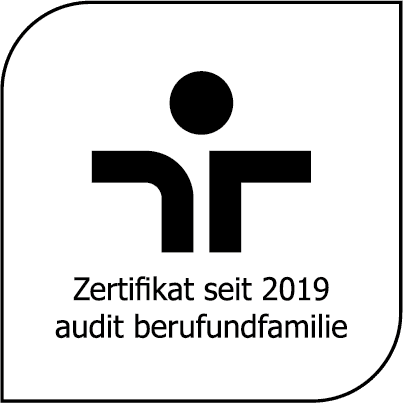Test instruments sorted
Contact person for the Open Test Archive
Gülay Karadere (Dipl.-Psych.)
Research Associate
guek@leibniz-psychology.org
COS
Cultural Orientation Scale
Short abstract
The COS can be used to show differences in individualism/collectivism both between individuals and groups within a culture/country and between different cultures/countries. It can also differentiate between perceived cultural norms on the one hand and their individual evaluations on the other. It was based on the items of the INDCOL scale by Hui (1988) and two scales by Sinha and Verma (1987). The COS consists of two questionnaire parts with 13 items each. Reliability: Internal consistencies of Cronbach's Alpha = .59-.82 are reported from different cultural contexts. Validity: In the two German studies, both the scales and the individual items were able to differentiate between immigrants and asylum seekers on the one hand and Germans on the other. The differences between the two immigrant groups were not significant. A further study revealed significant differences between German and Korean students. Furthermore, in comparative cultural studies in different cultures/countries, the COS was able to differentiate significantly between participants from more collectivistically and more individually oriented cultures. Further findings show connections between the collectivist orientation recorded with the COS and the perceived social support after stressful events as well as with processes of social influence.
Leibniz Institute for Psychology (ZPID). (2019). Open Test Archive: COS. Cultural Orientation Scale. Available at: https://www.testarchiv.eu/en/test/9001732
Citation
Bierbrauer, G., Meyer, H. & Wolfradt, U. (2002). COS. Cultural Orientation Scale [Verfahrensdokumentation und Fragebogen auf Deutsch, Englisch, Russisch und Spanisch]. In Leibniz-Institut für Psychologie (ZPID) (Hrsg.), Open Test Archive. Trier: ZPID.
https://doi.org/10.23668/psycharchives.6484
Short information
Short Name COS
English Name Cultural Orientation Scale
Authors Bierbrauer, G., Meyer, H., Wolfradt, U.
Published in Test archive 2002
Copyright/Licence Copyright Authors; CC-BY-NC-ND 3.0
Language versions deu eng rus spa
Construct Cultural Orientation
Application age Adolescents and adults.
Item number 26 items
Subscales (1) normative part, (2) evaluative part
Application Time 10-15 min.
Interpretation time No information.
Internal consistency: Cronbach's Alpha = .59-.82.
None.
Applications Research
Older versions
Version 1: https://doi.org/10.23668/psycharchives.309
There is no abstract in English available. Short information about the measure can be found under Overview. More can be found on the German pages.
There is no review in English available. Short information about the measure can be found under Overview. More can be found on the German pages.
First published in
Bierbrauer, G., Meyer, H. & Wolfradt, U. (1994). Measurement of normative and evaluative aspects in individualistic and collectivistic orientations: The Cultural Orientation Scale (COS). In U. Kim, H.C. Triandis, C. Kagitcibasi, S.C. Choi & G. Yoon (Eds.), Individualism and collectivism. Theory, method, and applications (pp. 189-199). Thousand Oaks, CA: Sage Publications. PSYNDEX Dok.-Nr. 0112212
Feedback form
Feedback on the use of a procedure from the Open Test Archive of the Leibniz Institute for Psychology (ZPID) to the test author(s)
Contact information
Prof. i.R. Dr. Günter Bierbrauer, Ph.D., Emeritus, Universität Osnabrück, Psychologie/Sozialpsychologie, Adolfstrasse 50, D-49078 Osnabrück
Prof. apl. Dr. Dr. Uwe Wolfradt, Institut für Psychologie, Martin-Luther-Universität Halle-Wittenberg, D-06099 Halle (Saale)

 Learn more about us!
Learn more about us! 
